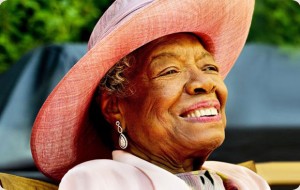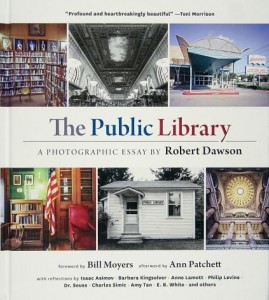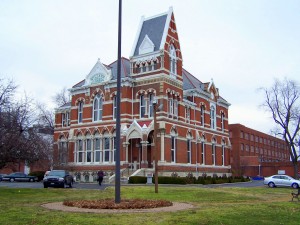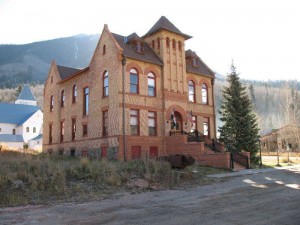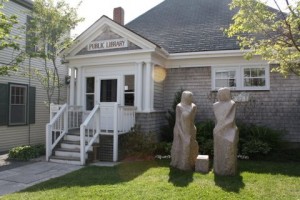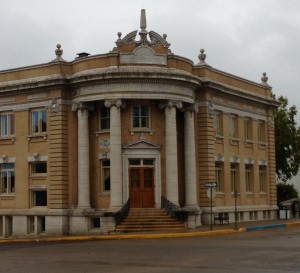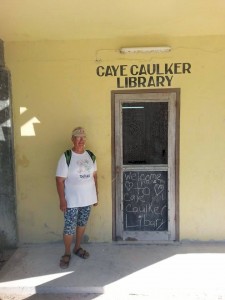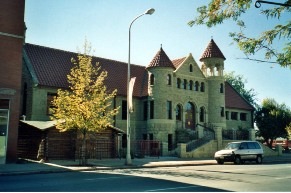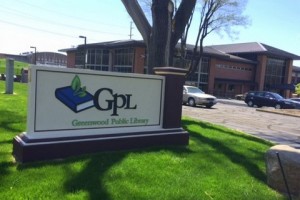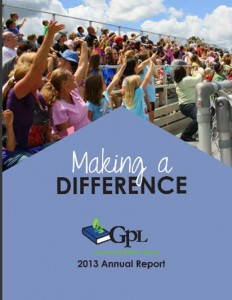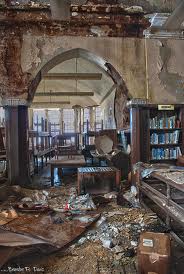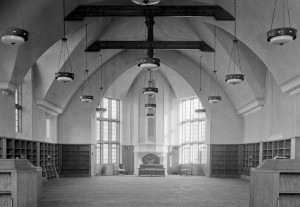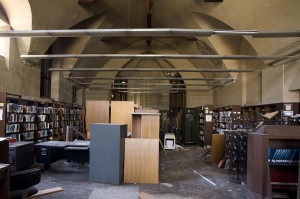As soon as parents open the door of the library, their children sprint ahead to the Children’s room, open the door if they can, and are off. I often wonder who is bringing whom. During the school year, the crowds of teens arrive within minutes of the final bell, shoving, jostling, laughing, shouting, and always hungry. They too go straight to their own space, the Teen Room. Adults are a quieter bunch, usually heading upstairs in ones or twos to their favorite spots: a certain computer, a table by the window, a quiet study carrel, or that favorite shelf of mysteries or fiction. Children, teens, and adults – they know that this is their library.
When they come in the door, no one asks how much money they have in their pocket or thinks twice about the color of their skin or their political opinion. This is their library.
Sometimes it is difficult to assess the impact of a place like this – because libraries are a part of our history like schools, churches, post offices, and grocery stores – all the mainstays of American towns everywhere. We tend to take them for granted. On a given day we might not give much thought to children running in the door or may be a little annoyed by the teen’s boisterous entrance. If only we knew their stories, we might have more of a glimpse of what the library means to them.
Recently I got a glimpse into the story of a library child as I read about Maya Angelou’s life after her passing on May 28th. Maya had an incredibly varied life, and is best known for her work, I Know Why the Caged Bird Sings. But the voice that gave us challenging works of literature and beautiful poetry did not always speak. As a young child Maya was the victim of sexual abuse at the hands of her mother’s boyfriend. When she told who it was that hurt her, he was convicted and served only one day before being released. He was found beaten to death the next day. With the logic of a child, Maya believed that her words had killed him, which so frightened her that she stopped speaking altogether. She did not speak for five years, fearing her voice would harm again. During that time she was sent to live with her Grandmother in Arkansas, and it was during this time that Maya discovered the magic of story at the public library. It literally changed her life.
“I always knew from that moment, from the time I found myself at home in that little segregated library in the South, all the way up until I walked up the steps of the New York City library, I always felt, in any town, if I can get to a library, I’ll be OK. It really helped me as a child, and that never left me. So I have a special place for every library, in my heart of hearts.”
I’m sure that as a silent child in the segregated south, it would have been easy for Maya to slip through the cracks. But fortunately for the world, there was a free public library. Cool stacks where she could lay on the floor and read one book after another to her heart’s content. It was there that she fell in love with words and with literature, and it was there she found her voice.
The children in our community are at risk just as Maya was. Statistics tell us that 1 in 5 girls and 1 in 20 boys are the victims of sexual abuse, and the numbers for physical and emotional abuse are even higher. We are seeing teens with adult size problems – drugs, homelessness, hunger, sexual violence, and pregnancy. The child running to the children’s room and the teen yelling down the hallway may need this place more than we know.
It is my hope that we are, and continue to be the place where our community’s children find their voice, just like Maya did. Who knows, maybe their voices will one day change the world.

